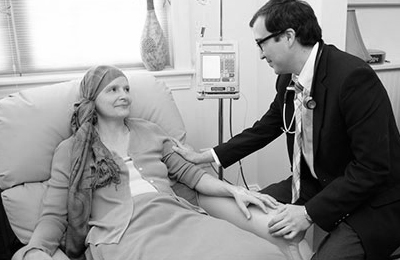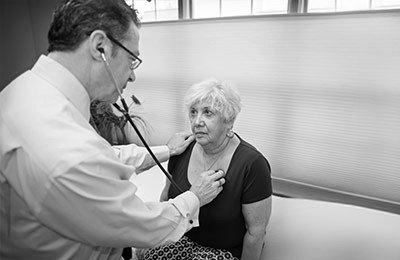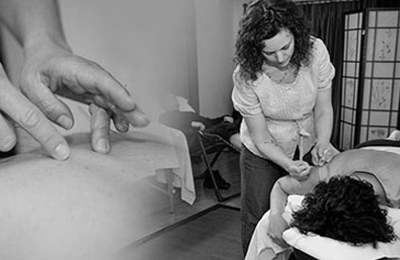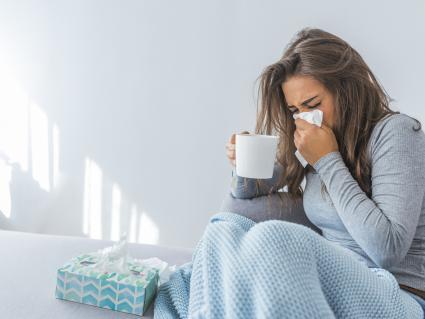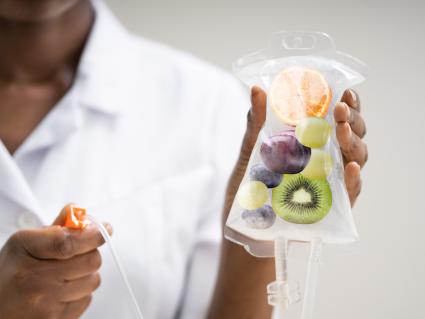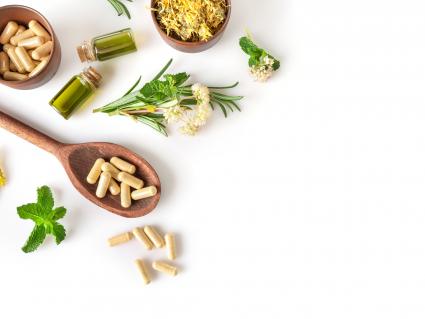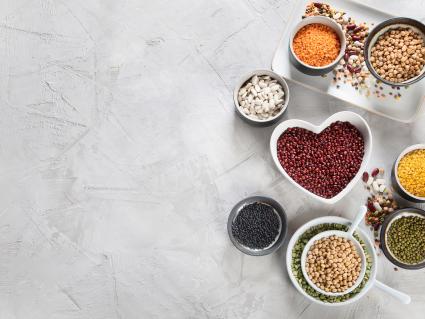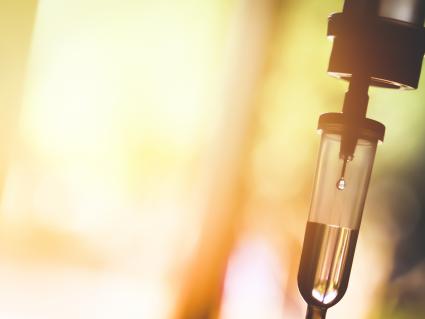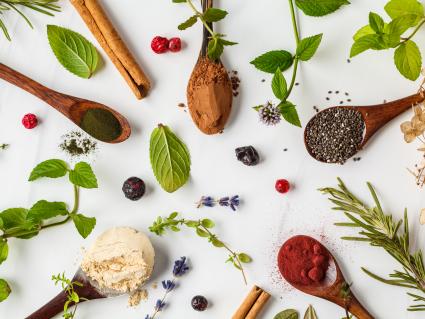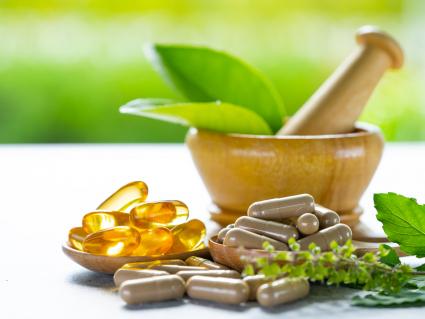A Conversation with Dr. Heidi Puc

We spoke with Dr. Puc about holistic treatments she feels are most beneficial for battling metastatic breast cancer and why.
Lifescript Questions: Metastatic Breast Cancer
1.What complementary/integrative/holistic treatments do you think are the most beneficial for women with metastatic breast cancer, and why?
As an anti-inflammatory or Mediterranean diet can lower the risk of breast cancer, I suggest such a diet for patients with metastatic breast cancer. Such a diet is rich in antioxidants and I believe eating this type of diet may be more important than taking supplements of individual botanicals. The cruciferous vegetables such as broccoli, Brussels sprouts, and cauliflower contain sulforafane and indole-3-carbinol, which have been shown to block growth of late-stage breast cancer cells. Flavonoids (in apples, grapes), vitamin D (in salmon, sardines, tuna), tocopherols/tocotrienols (in almonds, wheat germ), curcuminoids (in turmeric), green tea, and flaxseed all have protective properties in breast cancer and should be in the diet of breast cancer patients. Medicinal/Asian mushrooms are helpful as they have anti-tumor and immune-boosting effects. Regular cardiovascular exercise (on most days of the week) and avoidance of obesity are important, as they correlate with decreased recurrence risk of breast cancer. Sleep is very important as high levels of melatonin reduce breast cancer cell growth. As stress is “permissive” for cancer cell division and metastasis, mind-body therapies for stress reduction (meditation, guided imagery, yoga, massage, acupuncture, and art/music therapy, amongst others) are recommended. Integrative modalities may be helpful for specific symptoms such as hot flashes (acupuncture, acupressure, exercise), nausea and vomiting due to chemotherapy (acupuncture, ginger, peppermint), and lymphedema (acupuncture, exercise, massage).
2. Are there certain holistic therapies, such as vitamin supplements, etc., that are actually dangerous if a woman is undergoing chemotherapy or radiation for MBC?
The concurrent use of antioxidants and vitamin supplements with chemotherapy or radiation remains controversial, as some argue that they may actually counteract the anticancer effect of these therapies, whereas others argue that the limited data we do have actually supports a favorable effect with chemotherapy and radiation. There is a general lack of well-done clinical trials, and with so many new breast cancer therapies being approved and with so many supplements available, clinical trials for every possible combination do not exist and are unlikely to even be done. We do know that certain supplements such as St John’s Wort, echinacea, grape seed extract, Kava, and possibly garlic are metabolized by the same liver enzyme system (CYP3A4 metabolic pathway) as many chemotherapy drugs are (such as cyclophosphamide and the taxane drugs), and should be avoided while on these chemotherapies. It is most reasonable to obtain these antioxidants through an anti-inflammatory diet, but if patients prefer to take supplements, high dosing of supplements should be avoided (an exception is high dose IV vitamin C, which functions as a pro-oxidant at high dose, rather than as an anti-oxidant).
The use of acupuncture during chemotherapy is generally considered safe, however there is a concern about safety if the platelet count is less than 25,000 due to a theoretic risk of bleeding, or if the white blood cell count is severely low, due to a theoretic risk of infection.
There have been some case reports of cyanide poisoning in patients on high dose IV vitamin C therapy who were concurrently ingesting apricot seeds. In addition, indole-3-carbinol and DIM supplements can interfere with the effectiveness of Tamoxifen.
3. Are complementary/holistic therapies mainly beneficial for helping women deal with the side effects of chemotherapy or radiation, or are there some therapies that can actually slow the progression of the cancer?
A low fat diet with ample vegetable and fruit intake and a high level of physical activity have shown the most promise in improving recurrence and mortality from early stage breast cancer in clinical trials; this data may be extrapolated to the metastatic setting, where such data is more limited. Fish omega-3 intake (eating fish or taking fish oil supplements) has been shown to reduce the risk of breast cancer in pre- and post-menopausal women. A body of evidence has suggested that melatonin at doses of 20 mg daily may prolong survival of patients with advanced breast cancer (as well as those with advanced lung and brain cancers). The issue of soy in breast cancer is controversial and complex, but one overview of four prospective American and Chinese cohort studies of breast cancer survivors showed a lower recurrence risk and trend toward survival benefit in those consuming 10 mg of soy isoflavones per day or more. The Shanghai Breast Cancer Survival Study showed that soy food intake was inversely associated with breast cancer death and recurrence. Flaxseed has been shown to lower breast cancer tumor cell growth, increase tumor cell death, and reduce HER2NEU expression in breast cancer patients. Chinese herbal agents, certain mushrooms (maitake, shitake, reishi, and turkey tail), and some Ayurvedic (Indian) herbs do show anti-breast cancer effect in laboratory and animal testing as well as in some human trials. Some cohort and case-control studies did show a lowered risk of breast cancer with green tea consumption. Curcumin (derived from the root turmeric) shows anti-tumor effect for a variety of malignancies in the lab setting, and human trials are being done. Oleic acid (omega-9 fatty acid) in olive oil, avocados, hazelnuts and cashews can suppress HER-2NEU tumor cell growth and can assist the action of Herceptin, a chemotherapy used in breast cancer. Vitamin D inhibits breast cancer cell growth, and calcium intake can decrease the risk of breast cancer. Alcohol is linked to an increased risk of breast cancer, so avoidance or minimizing intake in breast cancer patients would be prudent.

